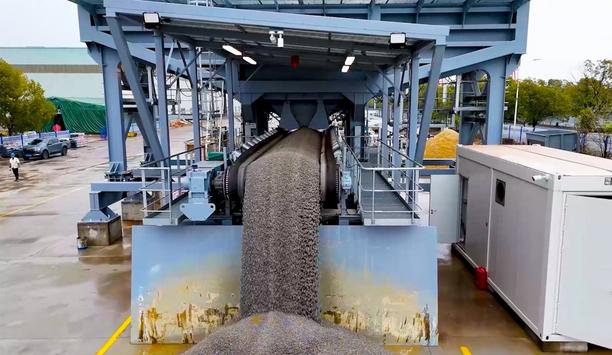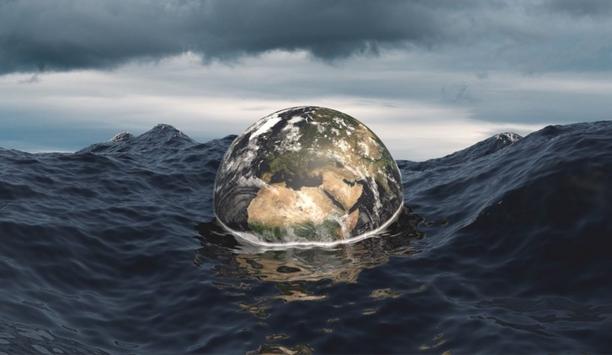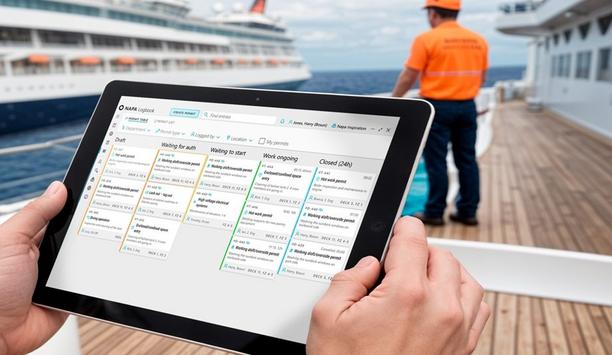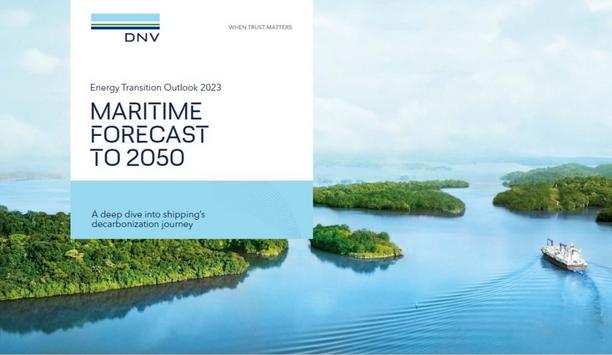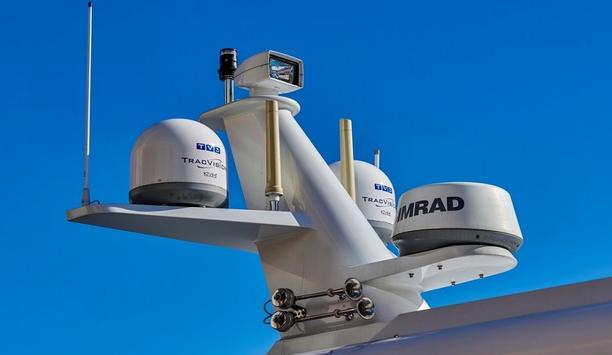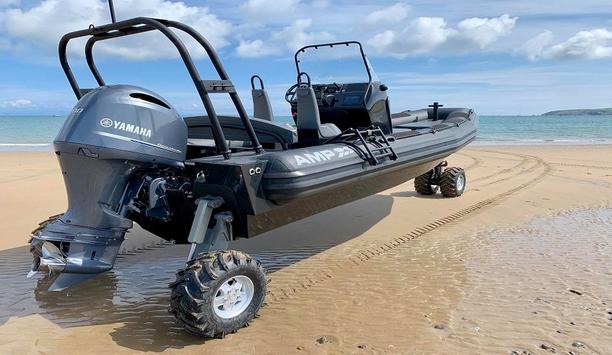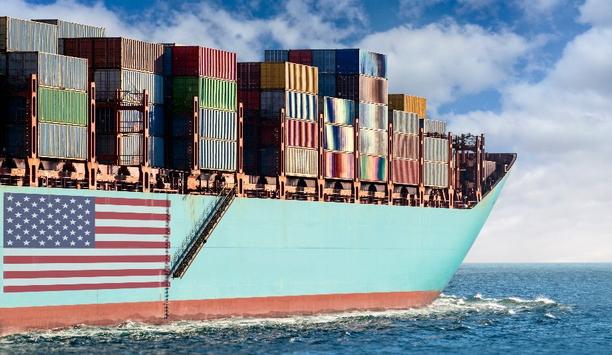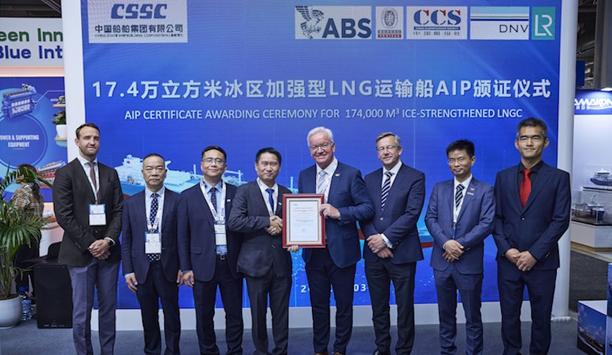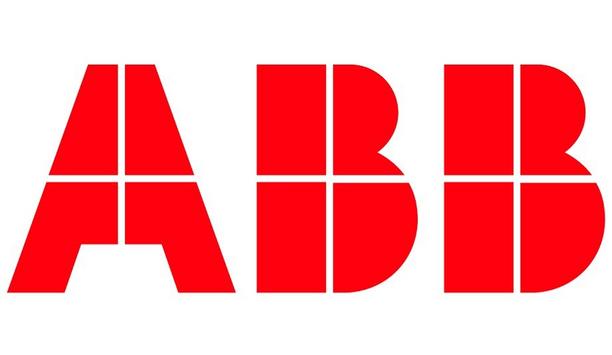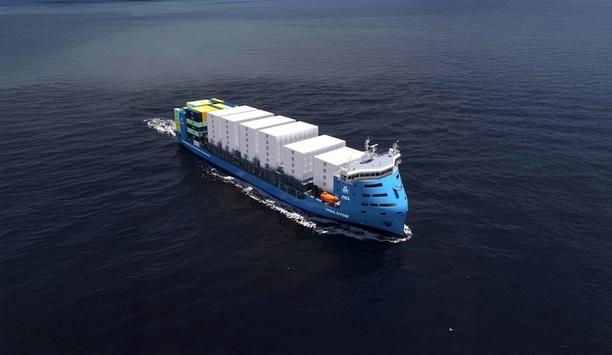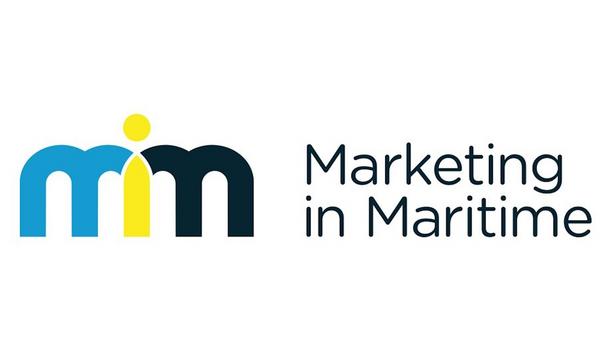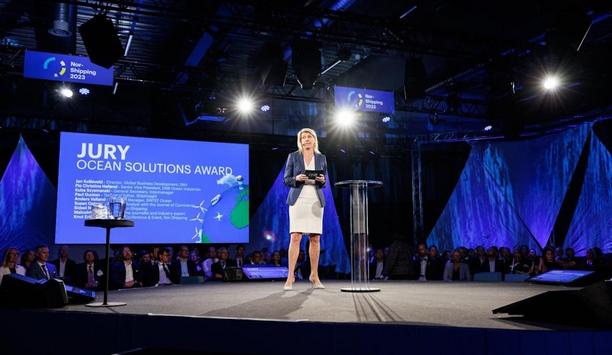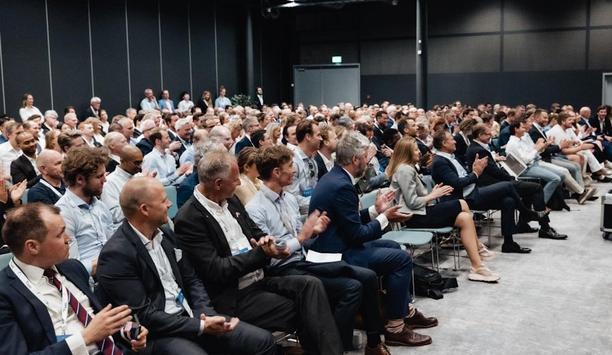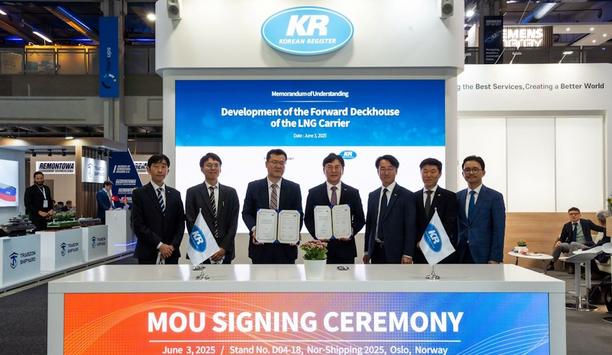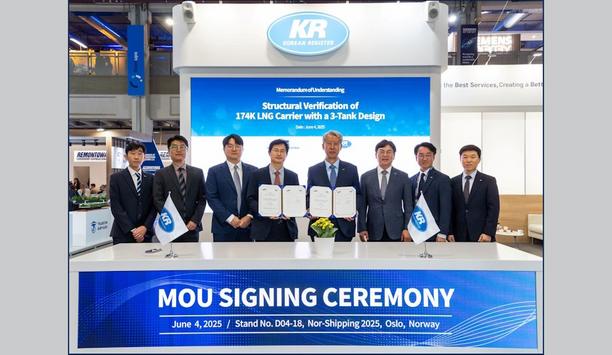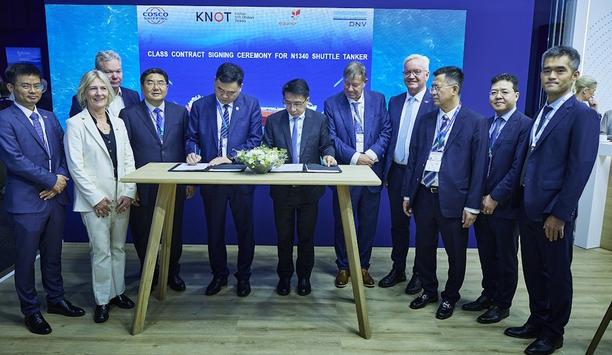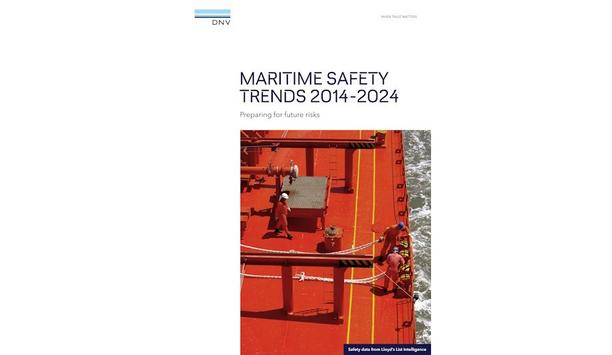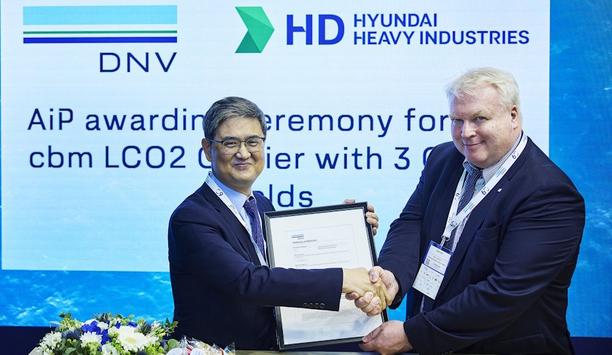Harbour insights
FuelEU Maritime came into effect on Jan. 1, 2025. It is part of the European Union’s Fit for 55 package and applies to commercial vessels of 5000GT (gross tonnage) and over used for the transport of cargo or passengers and calling at EU ports. Vessels are required to achieve a greenhouse gas (GHG) intensity of energy below a particular level. That level reduces over time and by 2050 the reduction target is 80% compared to 2020 reference levels. GHG intensity of energy obligations &ldqu...
Traditionally, bulk cargo unloading has faced challenges around operational efficiency, safety risks, environmental impacts, and high operational costs. Rough discharges, equipment wear, vibration damage, and limited weather operating windows have all constrained vessel utilisation and performance. Moreover, older unloading systems are energy-intensive and labour-dependent, increasing both costs and environmental footprint. Cargo unloading systems Many bulk cargo unloading systems depend on...
Ammonia is gaining traction as a future fuel in the maritime industry, primarily due to its potential to significantly reduce greenhouse gas emissions. A key driver for ammonia's interest is that it can be carbon-free when combusted, which aligns with the maritime industry's increasing pressure to meet emissions regulations. However, most ammonia production currently relies on fossil fuels. Transitioning to "green ammonia" production is crucial for sustainability. If "green ammonia" is produced...
The Dark Fleet refers to a network of vessels that operate outside of standard maritime regulations, often used to transport sanctioned goods such as oil. These shadowy vessels are also referred to by terms such as Parallel Fleet and/or Shadow, Gray or Ghost fleet. The terms are all manifestations of the same thing – ships that are owned, structured, and operated to avoid exposure to sanctions. Fleet of ships “In fact I would prefer that we use the term Parallel Fleet because it m...
Carbon capture and storage (CCS) can contribute to decarbonisation of the maritime industry, especially when combined with other approaches. CCS allows ships to continue using fossil fuels while capturing and storing the emitted CO2. It’s a helpful interim approach if a vessel’s immediate transition to alternative fuels is not feasible due to infrastructure limits or technology constraints. CCS can extend a vessel’s operational lifespan, both reducing emissions from existing v...
Trusted by more than 3,000 ships worldwide, NAPA’s Safety Solution software has promoted ship safety and operational efficiency for 35 years, working closely with customers. NAPA's solutions aim to positively impact the maritime industry by simplifying and streamlining onboard and shoreside operations through digitalisation, reducing errors and workload for seafarers, enhancing safety, and enabling more sustainable decision-making. Paper-based system challenges “Historicall...
The maritime industry is taking important steps to improve cybersecurity, catching up rapidly by introducing other industries' best practices into information technology (IT) and operational technology (OT) onboard vessels. Work remains to be done to ensure a cyber-resilient worldwide fleet of maritime operations. The way forward is through collaboration among all major stakeholders. Remote-controlled and autonomous ships In the future, the marine industry will increasingly use remote-control...
Augmented reality (AR) is making waves across various industries, and maritime is no exception. For maritime professionals, AR offers practical, real-time solutions that enhance safety, optimise operations, and improve decision-making both at sea and onshore. Whether it’s helping crews navigate complex environments, assisting in ship maintenance, or providing on-the-job training, AR’s ability to blend digital information with the physical world is proving invaluable in the fast-pac...
As the maritime industry accelerates its journey toward decarbonisation, the focus on alternative fuels has intensified. E-methane E-methane, a synthetic gas produced using renewable electricity and carbon capture, is emerging as a promising substitute for conventional natural gas. This innovative fuel offers a way to significantly reduce greenhouse gas emissions while leveraging existing liquefied natural gas (LNG) infrastructure. For maritime professionals, the potential benefits of e-metha...
The maritime industry, steeped in tradition, is now riding the wave of digital transformation, with big data playing a pivotal role in driving innovation and efficiency. For maritime professionals, the question isn’t whether to embrace big data, but how to maximise its practical benefits. Whether it’s a ship owner, port operator, or related to supply chain logistics, big data has the potential to streamline operations, enhance safety, reduce costs, and bolster profitability. This a...
FuelEU Maritime regulations, which will take effect in 2025, will help to encourage investment in research and development (R&D) for the maritime industry. The European Union initiative is aimed at reducing greenhouse gas emissions from ships operating within EU waters. Adopting cleaner alternative fuels By setting increasingly stringent limits on greenhouse gas (GHG) emissions, FuelEU Maritime makes it clear to the industry that traditional high-emission fuels are not sustainable...
Offshore wind farms are a major component of the future of clean energy, and the share of electricity generated by offshore wind turbines will increase as the global community works to minimise carbon emissions to achieve net zero by 2050. Current expectations for the vast expansion of energy production from offshore wind farms may lead to environmental impacts and ecological risks to marine ecosystems. Maritime consequences The increase in offshore wind farms will also have broad conse...
U.S. President Joe Biden has signed an Executive Order aimed at shoring up the cybersecurity of U.S. ports, a move fuelled by mounting concerns about the vulnerability of this critical infrastructure to cyberattacks. This initiative marks a significant shift in policy, empowering key agencies and outlining concrete actions to bolster defences. By empowering key agencies, establishing clear standards, and fostering collaboration, the initiative aims to strengthen U.S. ports against the evolving...
We are in the midst of a decisive decade when it comes to the future of maritime. Facing a long-term goal of achieving net-zero emissions by 2050, the industry needs to make more informed and science-based decisions, and a new level of collaboration and flexibility will be needed among all maritime stakeholders. DNV’s Maritime Forecast to 2050 report provides a deep dive into shipping’s decarbonisation journey. Energy Transition Outlook 2023 The Energy Transition...
The coronavirus pandemic highlighted the shortcomings in the maritime/intermodal supply chain. Consequences of the pandemic included volume surges, equipment dislocation and shortages, warehousing and affiliated labor shortages, and intermodal rail service disruption. Pandemic challenges across the supply chain Among participants throughout the global supply chain, the pandemic challenges underscored concerns about communication, interaction, and coordination. Because the system is so compl...
A ransomware attack at a commercial and defence shipbuilder in Wisconsin highlights the vulnerabilities of manufacturing operations, including shipbuilders, to the threats of cybersecurity. Fincantieri Marinette Marine was targeted by a cyberattack in the early morning hours of April 12, 2023. Large segments of data on the shipyard’s network servers became unusable because of the efforts of an unknown professional group. In ransomware attacks, offenders encrypt information on a serv...
As regulations on emissions become more stringent, more companies and organisations in the maritime industry will likely start to use methanol as a cleaner and more sustainable fuel. Methanol Methanol is a promising alternative fuel for the maritime industry due to its potential to reduce greenhouse gas emissions, increase energy security, and improve air quality. The future of methanol as a maritime fuel depends on several factors, including regulatory policies, technological advancements, a...
Millions of cargo containers are transported each year, and only a tiny fraction are lost at sea. However, the number of lost containers has increased in recent years, propelled by high-impact incidents that skewed the numbers upward. Factors impacting the higher number of lost containers include more violent weather events (due to global warming) and rough seas. Stresses on the global supply chain have led to higher numbers of containers loaded per ship and possibly less care being taken when...
Even in the waning days of the COVID pandemic, infectious diseases aboard cruise ships continue to be a cause for concern. Aggravating the challenge is a combination of crowded conditions, vulnerable (i.e., older) passengers, and the need for a fast turnaround once a ship is docked (thus providing limited time for sanitation protocols). While passengers tend to originate from affluent countries, where infection rates are low and vaccinations are common, crew members may come from developing co...
Protecting undersea infrastructure has taken on more urgency and a higher profile in the wake of explosions on September 26, attributed to sabotage, that damaged the Nord Stream 1 and 2 pipelines that carry Russian gas across the Baltic Sea. Seismic data from Sweden and Denmark point to forceful undersea explosions around the pipelines, which are owned by Gazprom, Russia’s state-controlled energy company. Safeguarding critical infrastructure The entire undersea network of pipelines and...
Marine equipment regulations include a requirement for certification of various systems used on board ships in the United Kingdom. Previously, the “Ships Wheel,” or “Wheelmark,” designated that equipment had required accreditation and safety certificates issued by, or on behalf of, the Member States of the European Union. Marine equipment assessment Resulting of Brexit, the UK Maritime and Coastguard Agency (MCA) has implemented new regulations to establish UK conformit...
Procurement processes in the boatbuilding industry are not conducive to innovation. The flow of money to boatbuilders occurs when the boats are delivered, several years after a contract is awarded. This pattern puts all the emphasis on delivering the product, not on making it a better product. Consultative environment The U.S. Navy favours more innovation when it comes to boatbuilding, but it is difficult to achieve in the existing environment. Current economics and processes discourage innova...
Liquid natural gas (LNG) can avoid concerns about global warming in the maritime industry – to a point. LNG is a carbon-based fuel but yields lower emissions than current fuels used in the maritime industry, thus enabling compliance with International Maritime Organization (IMO) goals to address greenhouse gas emissions. LNG offers an attractive transition route until even more environmentally friendly approaches become practical, although costs to transition existing vessels to LNG are...
Fires are among the biggest threats to seagoing vessels, despite the irony of the vessels being surrounded by water. Fire threats are especially serious given that receiving outside assistance is impossible, or at least very time-consuming. Evacuation is also problematic in the middle of the ocean. Not surprisingly, electrical fires make up around half of the incidences of combustion onboard ships – electrical systems and water are a dangerous combination. Other fires come from flammable...
As a crucial element in the maritime sphere, insurance is almost as basic as sea water. It has also been around almost as long, with concepts of insurance dating back to Hammurabi law in ancient Babylon. The first formal marine insurance policy still recognisable now was from 1350. Lloyd’s Coffee House was the first insurance market, in the late 1680s, evolving eventually into the world’s largest insurance marketplace. Looking to the future, insurance in the maritime sector is pois...
The Jones Act, also known as the Merchant Marine Act of 1920, has been in the news recently, both as an element in the supply chain muddle and related to the U.S. ban on Russian oil and gas. The Jones Act requires that ships operating between ports in the United States of America be constructed in the U.S., fly the U.S. flag, be owned by U.S. citizens, and be crewed only by U.S. citizens and U.S. permanent residents. The Jones Act The law was introduced by Senator Wesley Jones (R-Wash.) and be...
Pollution from microplastics poses a threat to the marine environment and synthetic ropes used by maritime vessels are a source of the contamination. Research is ongoing into the specific impact of pollution. Meanwhile, the development of biodegradable fishing gear is one solution, but greater awareness is needed to tackle the problem holistically. The impact of ropes on the ocean The University of Plymouth’s International Marine Litter Research Unit is studying the impact of ropes on ma...
Green shipping corridors are a shortcut path to achieving zero-emissions shipping. The strategy of focusing green initiatives on a limited number of routes between major port hubs will lower obstacles and costs as the industry transitions to more environmentally friendly shipping. The goal is to create specific trade routes where zero-emission solutions are demonstrated and supported. Green initiatives Targeting certain shipping corridors for environmental efforts allows policymakers to create...
For most of maritime history, wind power drove vessels all over the world; that is until steam and other forms of propulsion came on the scene in the mid-1800s. Now in the 21st century, given a renewed interest in preserving the environment and lowering costs, wind power is on the verge of making a comeback. The latest technologies, including big data and computer simulations, are helping to drive a renewed interest in maritime vessels propelled by wind, with a 90% reduction in the use of fossi...
The maritime industry is not covered by the Paris climate agreement, which seeks to limit global warming to well below 2 degrees Celsius compared to pre-industrial levels. However, carbon emissions from maritime activities account for 2 to 3% of total global warming potential (GWP) worldwide, and the share is likely to increase in coming years, approaching 17% of CO2 emissions by 2050. The International Maritime Organisation (IMO) and its Marine Environment Protection Committee (MEPC) is tasked...
Nor-Shipping 2025 news
Classification Society DNV awarded Approval in Principle (AiP) certificates to Hudong-Zhonghua Shipbuilding (Group) Co., Ltd. (Hudong-Zhonghua) for three innovative new vessel designs. The AiPs highl...
ABB announced the launch of the AMXE Marine Motor, a next-generation electric propulsion solution engineered to withstand the tough conditions at sea, including continuous exposure to corrosive saltwa...
As the maritime industry scans the horizon for scalable zero-emission fuels, low-emission ammonia is looming ever larger as a potential solution for deep-sea operators. Here, Hans Olav Raen, CEO of Y...
As the shipping industry confronts its most complex decade yet – with decarbonisation, digital transformation and regulatory upheaval all accelerating – pioneers are being forced to rethin...
Marketing in Maritime, the specialist networking community for marketing and communications professionals in the marine and energy sectors, has appointed an Advisory Board to guide the next phase of i...
With Nor-Shipping 2025 just around the corner, Euronext Oslo Børs CEO - Øivind Amundsen shares why Oslo remains the exchange of choice for global shipping companies – thanks to its...
Nor-Shipping 2025, taking place in Oslo and Lillestrøm 2-6 June, has announced the shortlists for two of its most coveted accolades, the Next Generation Ship Award and the Ocean Solutions Award...
Maritime CleanTech is going ‘all in’ at Nor-Shipping 2025, seizing the opportunity of a unique global gathering to support and enable those pioneering sustainable ocean development. Here...
Announced today at Nor-Shipping in Oslo, a pioneering partnership between Kongsberg Maritime, Solstad, Østensjø, DeepOcean, and Remota will see the launch of a pilot project to explore t...
KR (Korean Register) signed two Memoranda of Understanding (MoUs) with Hanwha Ocean on June 3 during Nor-Shipping 2025 in Oslo. The agreements cover the joint development of a 150K ultra-large ammonia...
KR (Korean Register) signed a Memorandum of Understanding (MoU) with Samsung Heavy Industries (SHI) on June 4 at Nor-Shipping 2025 in Oslo to jointly develop a 174,000㎥ LNG carrier featuring three ca...
Classification society - DNV has signed a new contract with Cosco Shipping Heavy Industry Zhoushan Shipyard (COSCO) during Nor-Shipping 2025 for the classification of a newly contracted methanol-ethan...
Nor-Shipping, in partnership with YoungShip International, has crowned Alisha Fredriksson, CEO and Co-Founder of pioneering carbon capture company Seabound, winner of the Nor-Shipping 2025 Young Entre...
According to DNV’s latest report, Maritime Safety Trends 2014-2024 - Preparing for future risks, the number of maritime casualty incidents has increased by 42% between 2018 and 2024, while durin...
At the Nor-Shipping trade fair, classification society DNV awarded HD Hyundai Heavy Industries (HHI) an Approval in Principle (AiP) to for its newly developed 40,000 CBM liquefied CO₂ (LCO₂) carrier d...
Classification Society DNV awarded Approval in Principle (AiP) certificates to Hudong-Zhonghua Shipbuilding (Group) Co., Ltd. (Hudong-Zhonghua) for three innovative new vessel designs. The AiPs highl...
ABB announced the launch of the AMXE Marine Motor, a next-generation electric propulsion solution engineered to withstand the tough conditions at sea, including continuous exposure to corrosive saltwa...
As the maritime industry scans the horizon for scalable zero-emission fuels, low-emission ammonia is looming ever larger as a potential solution for deep-sea operators. Here, Hans Olav Raen, CEO of Y...
As the shipping industry confronts its most complex decade yet – with decarbonisation, digital transformation and regulatory upheaval all accelerating – pioneers are being forced to rethin...
Marketing in Maritime, the specialist networking community for marketing and communications professionals in the marine and energy sectors, has appointed an Advisory Board to guide the next phase of i...
With Nor-Shipping 2025 just around the corner, Euronext Oslo Børs CEO - Øivind Amundsen shares why Oslo remains the exchange of choice for global shipping companies – thanks to its...
Nor-Shipping 2025, taking place in Oslo and Lillestrøm 2-6 June, has announced the shortlists for two of its most coveted accolades, the Next Generation Ship Award and the Ocean Solutions Award...
Maritime CleanTech is going ‘all in’ at Nor-Shipping 2025, seizing the opportunity of a unique global gathering to support and enable those pioneering sustainable ocean development. Here...
Announced today at Nor-Shipping in Oslo, a pioneering partnership between Kongsberg Maritime, Solstad, Østensjø, DeepOcean, and Remota will see the launch of a pilot project to explore t...
KR (Korean Register) signed two Memoranda of Understanding (MoUs) with Hanwha Ocean on June 3 during Nor-Shipping 2025 in Oslo. The agreements cover the joint development of a 150K ultra-large ammonia...
KR (Korean Register) signed a Memorandum of Understanding (MoU) with Samsung Heavy Industries (SHI) on June 4 at Nor-Shipping 2025 in Oslo to jointly develop a 174,000㎥ LNG carrier featuring three ca...
Classification society - DNV has signed a new contract with Cosco Shipping Heavy Industry Zhoushan Shipyard (COSCO) during Nor-Shipping 2025 for the classification of a newly contracted methanol-ethan...
Nor-Shipping, in partnership with YoungShip International, has crowned Alisha Fredriksson, CEO and Co-Founder of pioneering carbon capture company Seabound, winner of the Nor-Shipping 2025 Young Entre...
According to DNV’s latest report, Maritime Safety Trends 2014-2024 - Preparing for future risks, the number of maritime casualty incidents has increased by 42% between 2018 and 2024, while durin...
At the Nor-Shipping trade fair, classification society DNV awarded HD Hyundai Heavy Industries (HHI) an Approval in Principle (AiP) to for its newly developed 40,000 CBM liquefied CO₂ (LCO₂) carrier d...
Classification Society DNV awarded Approval in Principle (AiP) certificates to Hudong-Zhonghua Shipbuilding (Group) Co., Ltd. (Hudong-Zhonghua) for three innovative new vessel designs. The AiPs highl...
Related videos
Trader Talk-EU ETS and FuelEU Maritime in 2025
Hapag-Lloyd with just a few clicks
Hapag-Lloyd's new office in Kampala

